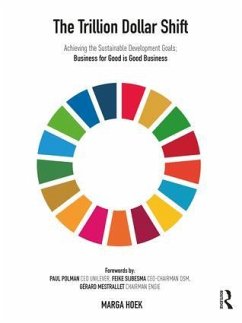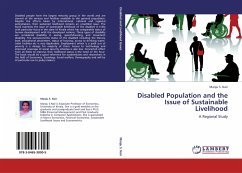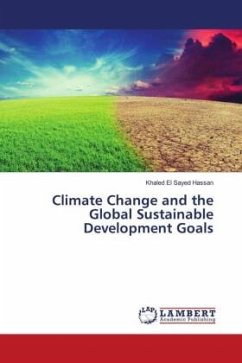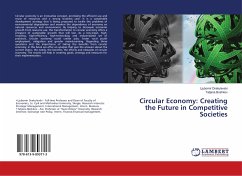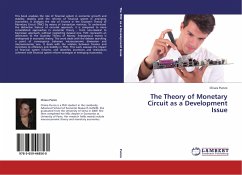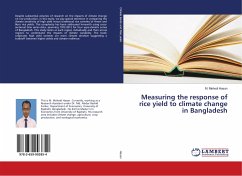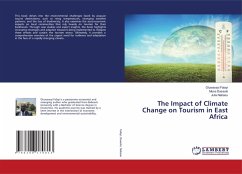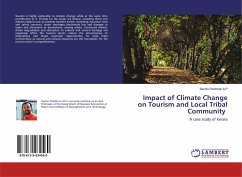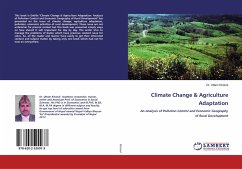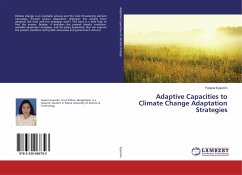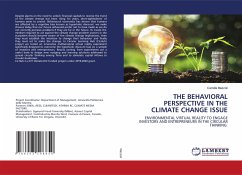
THE BEHAVIORAL PERSPECTIVE IN THE CLIMATE CHANGE ISSUE
ENVIRONMENTAL VIRTUAL REALITY TO ENGAGE INVESTORS AND ENTREPRENEURS IN THE CIRCULAR THINKING
Versandkostenfrei!
Versandfertig in 6-10 Tagen
36,99 €
inkl. MwSt.

PAYBACK Punkte
18 °P sammeln!
Despite alarms on the need to unlock financial capitals to reverse the trend of the climate change has been rising for years, short-sightedness' of humans seem to prevail. Behavioural economics has shown that humans are affected by a cognitive bias known as hyperbolic discount: we make choices today that our future selfwould prefer not to have made as we do not correctly perceive problems if they are far in the future. To create the mindset required to act against the climate change problem owners in the ecosystem should become aware of the climate change implications, then they must establish...
Despite alarms on the need to unlock financial capitals to reverse the trend of the climate change has been rising for years, short-sightedness' of humans seem to prevail. Behavioural economics has shown that humans are affected by a cognitive bias known as hyperbolic discount: we make choices today that our future selfwould prefer not to have made as we do not correctly perceive problems if they are far in the future. To create the mindset required to act against the climate change problem owners in the ecosystem should become aware of the climate change implications, then they must establish the intention to change their behaviour and finally they must act to make the change. In Circular Learning Hub (CL-Hub) project we tested an innovative multisensorial virtual reality experiment specifically designed to overcome the hyperbolic discount bias on a sample of investors and entrepreneurs. Results coming from experiments are a useful basis to design new nudging and learning solutions addressed to spread circular thinking among firms and to stimulate capital inflows to circular businesses. CL-Hub is a EIT Climate-KIC funded project under 2019-2020 grant.



